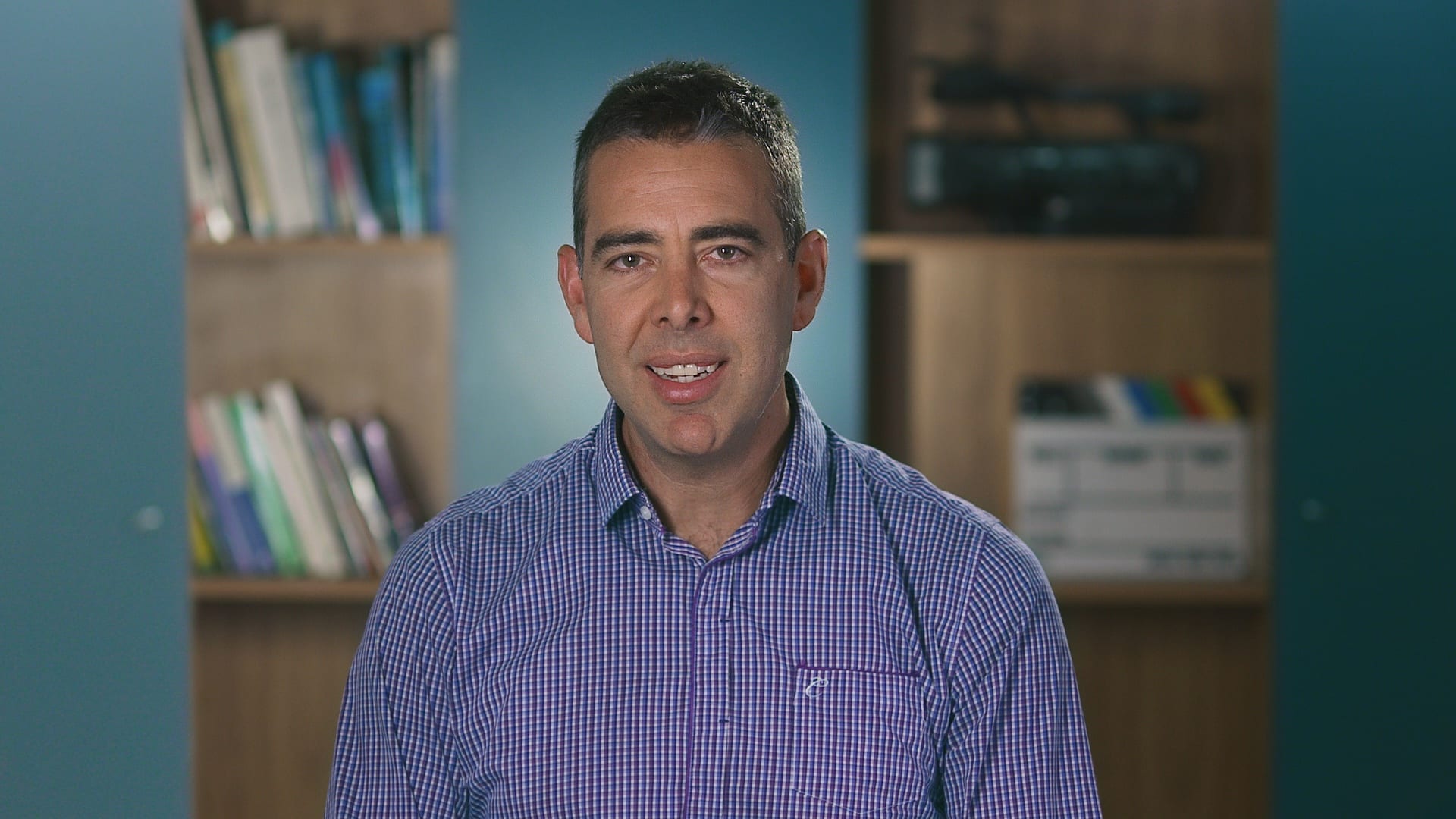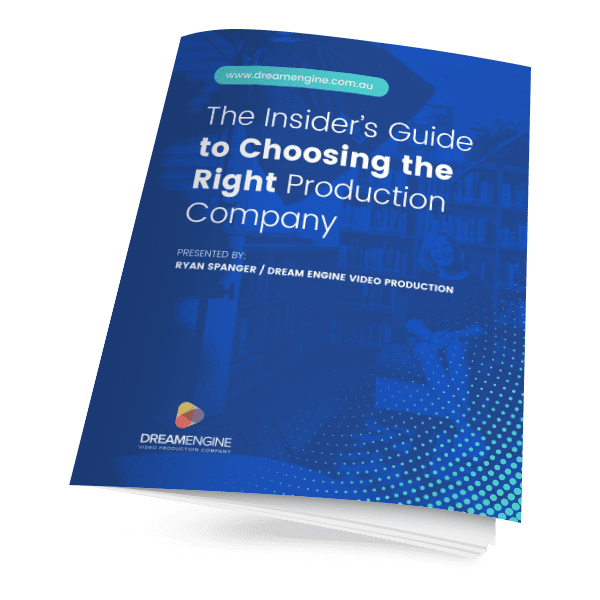This video will discuss the book Influence by Robert Cialdini and go through his six principles of persuasion he outlines in the book and tell you how they can relate to corporate video production and marketing.
Listen to the audio version: [powerpress]
01:01 – 6 Principles of Influence
01:33 – Social Proof
01:55 – Authority
02:20 – Liking
02:36 – Commitment and Consistency
02:58 – Reciprocity
03:27 – Scarcity
I’ve just finished reading Influence by Robert Cialdini, and I have to tell you, it was really great. It basically outlines how we as humans, make decisions.
This is very important information to know when making videos because corporate videos are all about trying to persuade people to make a decision and to drive action from our audience. Knowing how people make decisions, and how they choose what actions to take, will allow you to create the most effective videos possible.
What I really like about this book is that it doesn’t just deliver the information like a research paper. A wealth of knowledge is broken down into 6 distilled, easy to understand principles.

The 6 principles are:
- Reciprocity
- Commitment and consistency
- Social proof
- Authority
- Liking
- Scarcity
I’ll briefly take you through these principles and how they can be applied to video production. The important thing to bear in mind is that these techniques will work most effectively if used honestly. If you try to force one of these ideas onto your video, it will come across as tacky and gimmicky.
1. Social Proof
People are more likely to do things they see other people doing. Testimonial and case study videos, will show your potential clients people who have used your service in the past. They’ll be able to see what actions they took, the benefits that they brought, and so and will be much more likely to take those actions as well.
2. Authority
Your audience is more likely to take your message seriously, if it is seen to be coming from an authority, or expert. So it is important to establish credibility and authority. And you can do this through approaches like showing logos of high profile organisations that you’ve worked with, Industry credentials or certifications, or a presenter who is a trusted and respected authority figure.
3. Liking
People are persuaded by people that they like. This is clearly where celebrity spokespeople come in. Using someone well known or respected will cause the consumer to be more likely to take the action presented.
4. Commitment and Consistency
If people commit to an idea or goal, either orally or in writing, they are more likely to honor it. If someone commits to something relatively small, such as signing up for a free video subscription, it raises the chances them purchasing a service in the future.
5. Reciprocity
Put simply, people return favors. When people receive a kindness from someone, they feel like they then owe that person. So if your subscription based video series gives out some free content, people may feel like they owe it to you to sign up.
6. Scarcity
Percieved scarcity will generate demand. Limited stock or limited time remaining to purchase will have the same effect. But be aware that the limited time or stock should be real. If it isn’t true, people will usually be able to see through it.
Because videos are all about driving action from your viewer, knowing what motivates people is extremely important. This book will help you will understand the key principles of what persuades and motivates people, so that your videos will be as effective as possible.
If you have any questions or want to produce your own marketing video, please contact me at Dream Engine and I’ll be happy to help.

Ryan Spanger is one of Melbourne’s most respected and sought-after video production professionals. Ryan founded Dream Engine in 2002, and specialises in helping medium to large corporates, government departments, and the non-profit sector to connect with their audience more effectively by using video.
